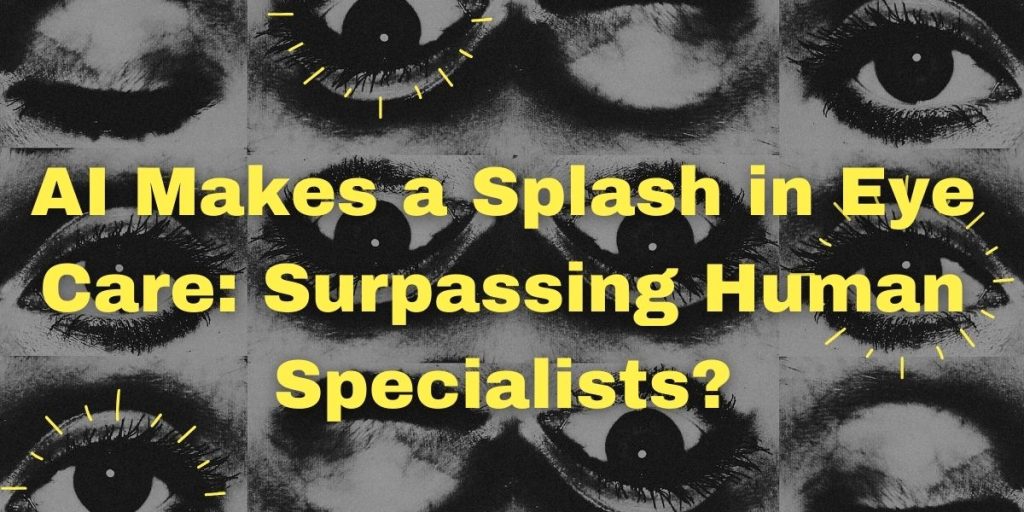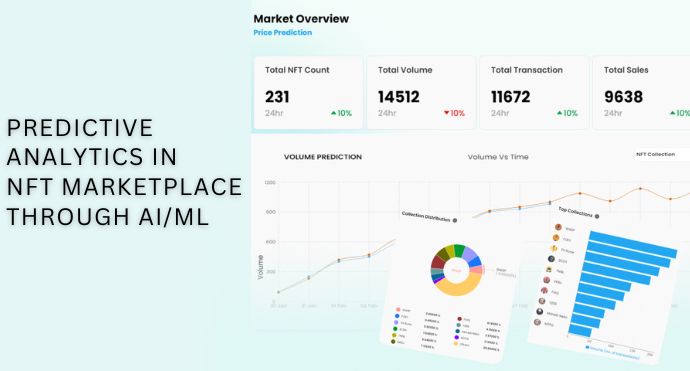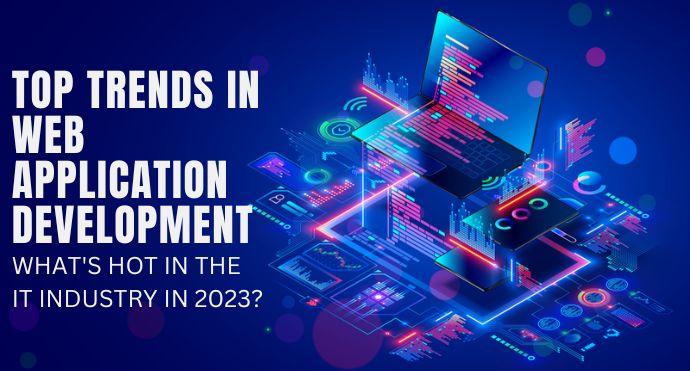The Dawn of a New Era in Ophthalmology
In a groundbreaking stride within the realm of ophthalmology, a recent study published in the prestigious JAMA Ophthalmology Journal illuminates the transformative potential of Artificial Intelligence (AI) in diagnosing and managing eye diseases such as glaucoma and various retinal conditions. This leap forward is attributed to the cutting-edge capabilities of GPT-4, an AI model that not only matches but, in some instances, surpasses the expertise of human ophthalmologists.
Unveiling the Study’s Breakthroughs
Conducted by the esteemed team at the New York Eye and Ear Infirmary of Mount Sinai, this study puts GPT-4 and human specialists head-to-head in diagnosing and proposing treatment plans for 20 patients afflicted with the aforementioned eye conditions. The findings are nothing short of revolutionary:
GPT-4 demonstrates an exceptional ability to match or outperform human ophthalmologists in patient assessments and treatment recommendations.
The AI’s prowess shines brightest in glaucoma cases, where it outstrips human specialists in diagnosing and offering treatment solutions.
Envisioning the Future of Eye Care
These preliminary findings herald a promising horizon for eye care, suggesting several transformative possibilities:
Enhanced Diagnostic Accuracy and Efficiency: AI’s integration into ophthalmology promises to refine the accuracy and efficiency of diagnosing and managing eye diseases, potentially setting new standards of care.
Alleviation of Specialist Workloads: By offloading routine diagnostic tasks to AI, ophthalmologists can redirect their focus towards more complex cases and personalized patient care, optimizing their expertise where it’s most needed.
Expanded Access to Expert Care: AI can bridge the gap for patients in remote locations or those facing resource limitations, ensuring wider access to expert diagnostic advice and treatment recommendations.
A Collaborative Future, Not a Replacement
It’s crucial to underscore that the emergence of AI in eye care is not about supplanting human doctors but rather augmenting their capabilities. This synergistic approach aims to enhance patient outcomes through the amalgamation of human expertise and AI efficiency.
The Horizon of Possibilities
As we stand on the cusp of this exciting frontier, the field of AI in healthcare is poised for rapid evolution. This study is a beacon of progress, signaling a future where the integration of AI in eye care could revolutionize patient diagnostics, treatment planning, and overall healthcare delivery. The journey ahead is promising, and as research continues to unfold, we eagerly anticipate the next milestones that will reshape the landscape of ophthalmology and beyond.
Conclusions: Navigating the Future with AI in Eye Care
The integration of Artificial Intelligence (AI) into the field of ophthalmology, as evidenced by the recent study published in JAMA Ophthalmology, marks a pivotal moment in healthcare innovation. This research not only showcases AI’s capability to match the diagnostic and treatment planning expertise of human ophthalmologists but also highlights its potential to exceed human performance in specific areas, such as glaucoma management.
Key Takeaways from the Study:
AI’s Role as a Complementary Tool: The findings reinforce the notion that AI serves as a powerful adjunct to human expertise, enhancing diagnostic accuracy, treatment planning, and patient care without replacing the invaluable role of human doctors.
Potential to Transform Eye Care: The use of AI, particularly GPT-4, in ophthalmology, has the potential to revolutionize the field by improving efficiency, reducing specialist workloads, and expanding access to quality care for patients worldwide.
A Future of Collaboration: The envisioned future of eye care is one of collaboration between AI and human ophthalmologists, leveraging the strengths of both to optimize patient outcomes.
Looking Ahead:
As we venture further into this era of technological advancement, it’s evident that the role of AI in healthcare will continue to expand and evolve. This study serves as a significant step forward, but it also underscores the need for ongoing research to fully understand and harness AI’s capabilities in eye care and beyond.
The journey ahead promises to be both exciting and challenging. It will require a thoughtful approach to integrate AI into clinical practice, ensuring that technology enhances, rather than detracts from, the human touch that is so crucial to patient care. As we continue to explore the vast potential of AI, we remain committed to advancing healthcare in a way that benefits all stakeholders—patients, healthcare providers, and the wider community.
In conclusion, the successful incorporation of AI into ophthalmology and other medical fields will likely redefine our approach to healthcare, making it more efficient, accessible, and effective. This study is but a glimpse into what the future holds, heralding a new era of medical excellence powered by artificial intelligence.



